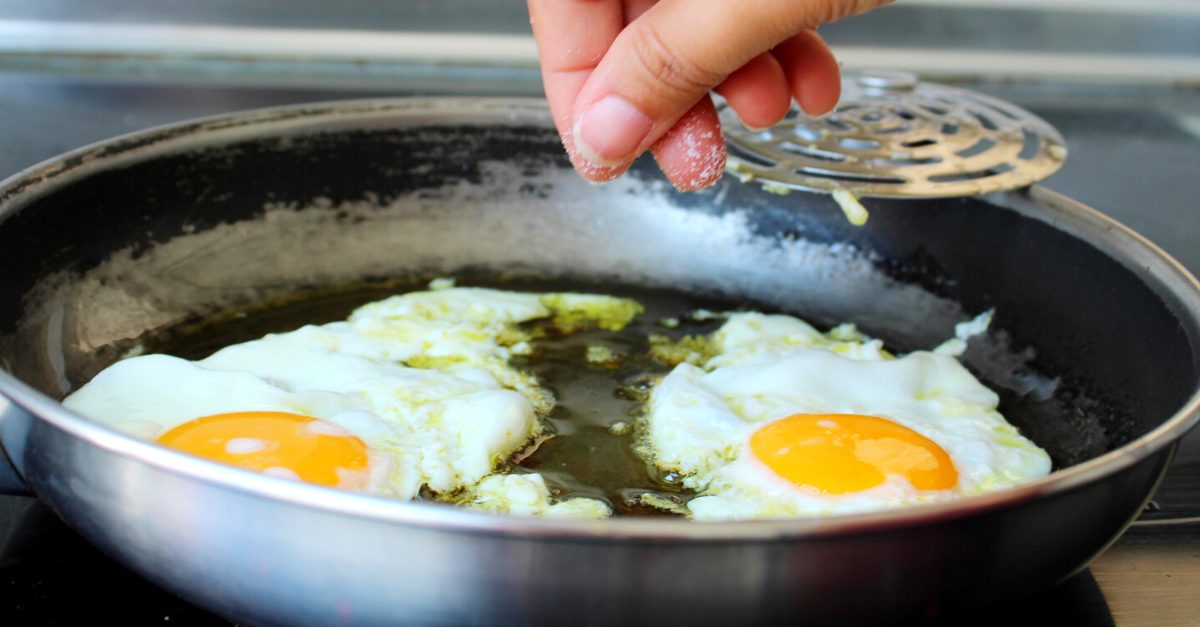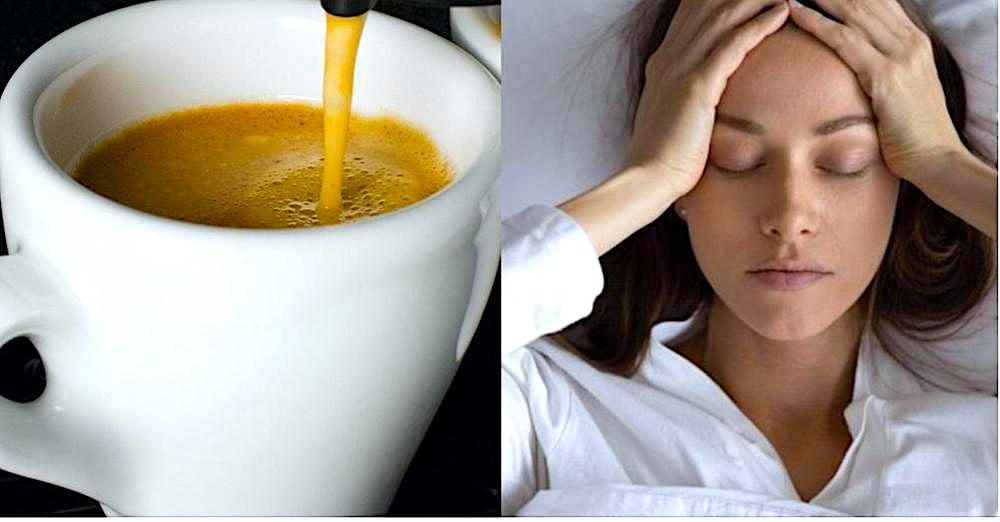How much salt is too much salt?
Have you ever wondered just how much salt you consume in a day? How much is the safe amount, and what does excess salt do to the body? We need some salt to stay healthy, but scientists and nutritionists say that we eat way too much salt. Read on to find out exactly why too much salt is bad for us, and how much is a sensible amount to eat.
;Resize,width=742;)
Have you ever wondered just how much salt you consume in a day? How much is the safe amount, and what does excess salt do to the body? We need some salt to stay healthy, but scientists and nutritionists say that we eat way too much salt. Read on to find out exactly why too much salt is bad for us, and how much is a sensible amount to eat.
Salt and High Blood Pressure
Most of us know that there is a link between consuming too much salt and having high blood pressure, but do you know why that is?
The sodium in salt absorbs water, so if you have excess salt in your body, it holds on to the water in your blood. This makes it thicker, and makes your body work harder to pump it faster. Raised blood pressure puts strain on your arteries and heart, and can affect the kidneys and brain too. That means that there is more risk of heart attack and stroke, or possibly dementia if it affects your brain.
Health Risks From Too Much Salt
Salt can really mess up your kidneys if you eat too much of it. The amount of sodium in your bloodstream after eating salt can reduce the ability of your kidneys to remove water that should go into your bladder. This can put strain on the delicate blood vessels leading to the kidneys.
Over time, the extra strain can damage your kidneys, reducing their ability to filter out toxic waste products. These waste products then build up in the body, and can lead to kidney failure, which is very serious.
Raised blood pressure caused by high salt consumption can damage the arteries leading to the brain. This can reduce the amount of blood reaching the brain, and could lead to a form of dementia called vascular dementia. The cells in your brain don’t work as well as they should, because they’re not getting the oxygen and nutrients they need.
How Much Salt is Too Much?
An adult should have no more than 6 grams of salt a day, but most of us eat far more than this. A lot of the salt we eat doesn’t get added at the table, but is hidden in processed foods. Only 20 per cent of the salt we eat comes from us adding it to our meals.
Bread, biscuits and breakfast cereals all have added salt, as well as takeaways and ready meals. Stock cubes and commercially prepared soups are also full of added salt, although some companies are starting to make these foods with reduced salt, and it usually says so on the label.
How to Eat Less Salt
Learning to like food with less salt can seem hard at first, as it will taste a bit bland. Don’t give up, it just takes a little time for your taste buds to re-set themselves. If you’ve ever given up sugar, you’ll have experienced the same thing. One day you will stop noticing the lack of salt and be able to enjoy food without it.
Try making your own stocks and soups. You’ll have control over exactly how much salt goes in it, as well as it being altogether healthier and cheaper than store-bought versions.
When shopping, look for the brands that have the lowest amount of salt in them. This may take time, so do it on a day that you don’t have to rush.
You don’t have to give up salt altogether, but cutting down as much as you can is the sensible option. Your kidneys and heart will thank you for it!
;Resize,width=767;)
;Resize,width=712;)
;Resize,width=712;)
;Resize,width=712;)
